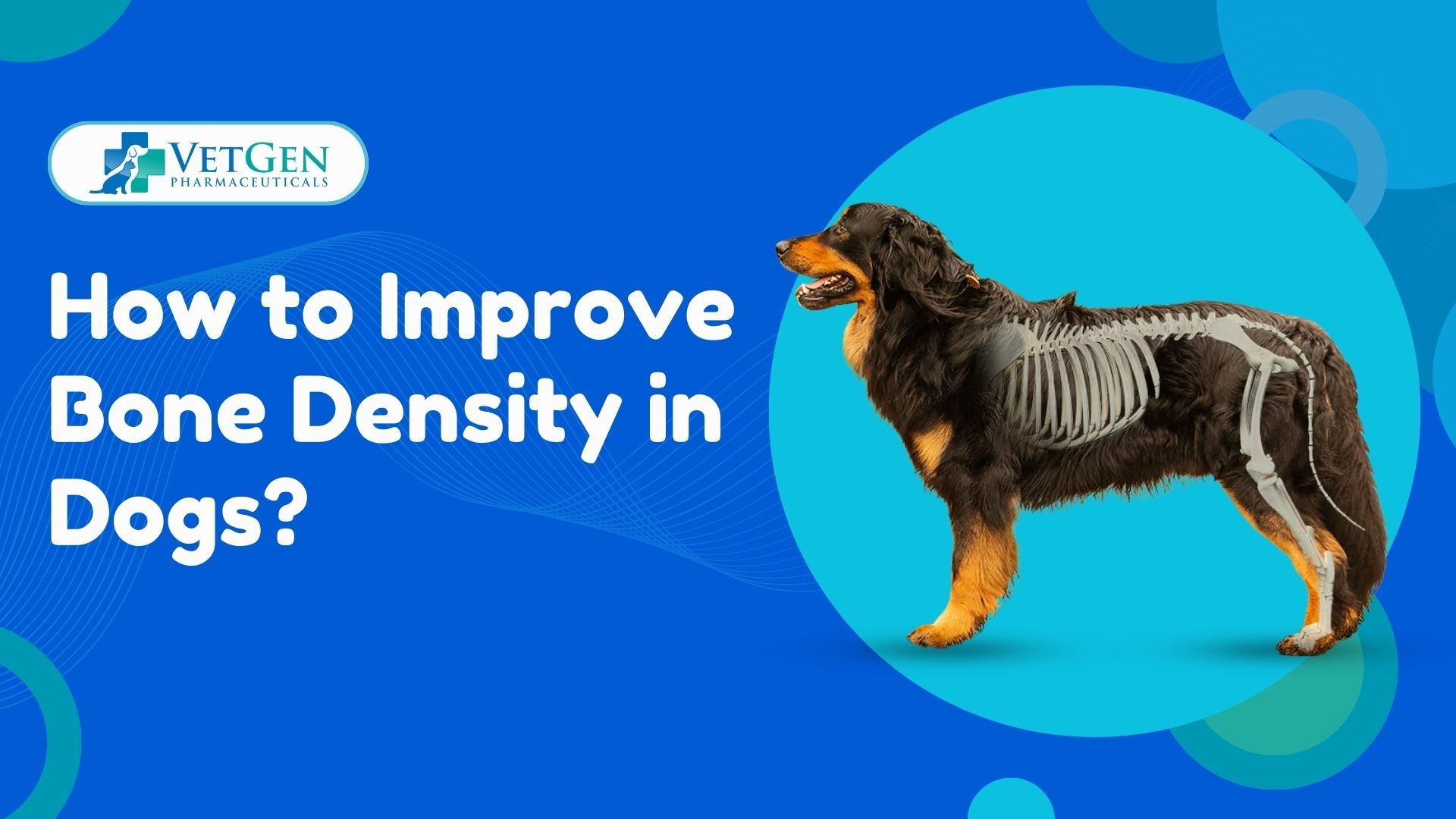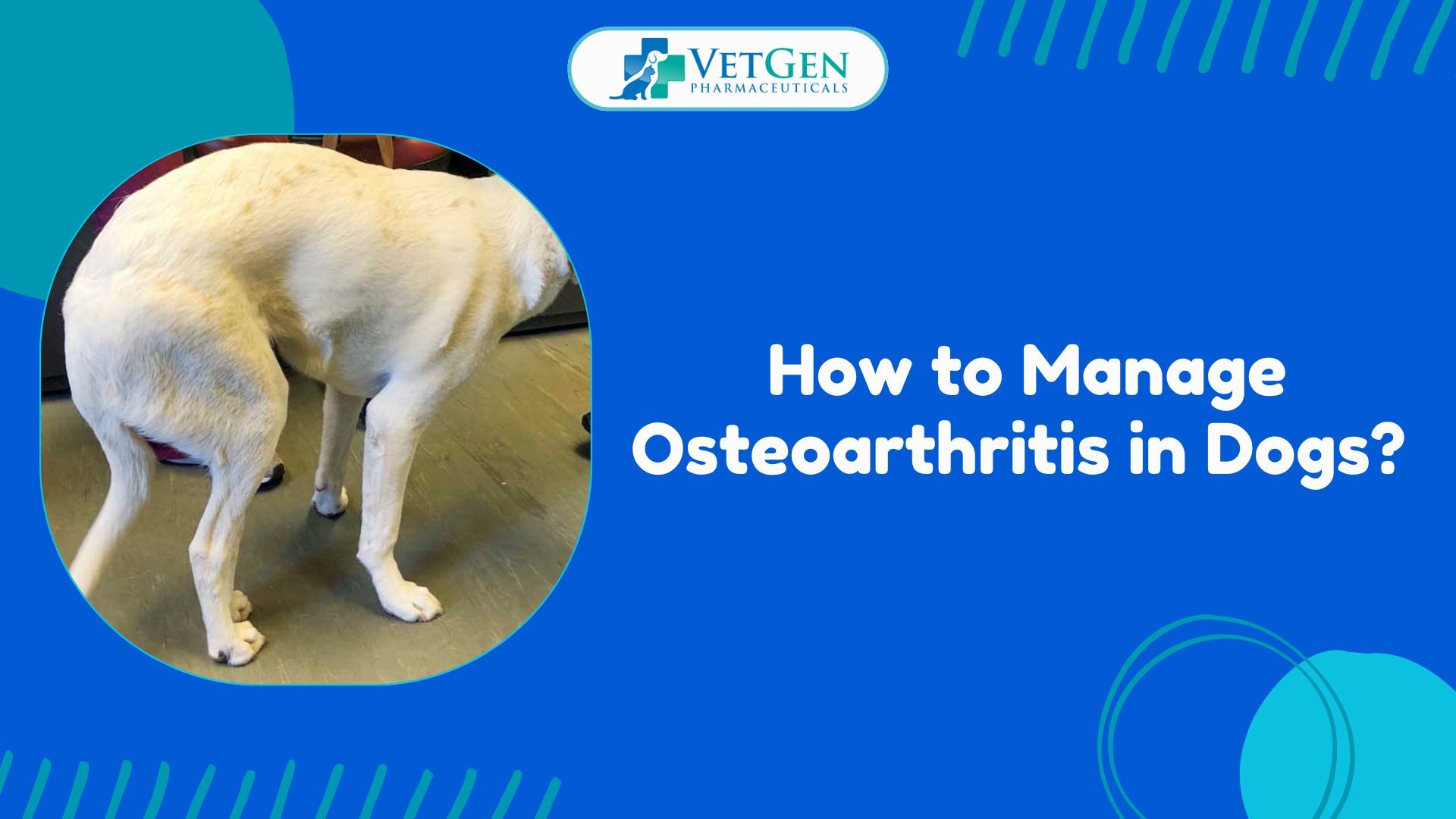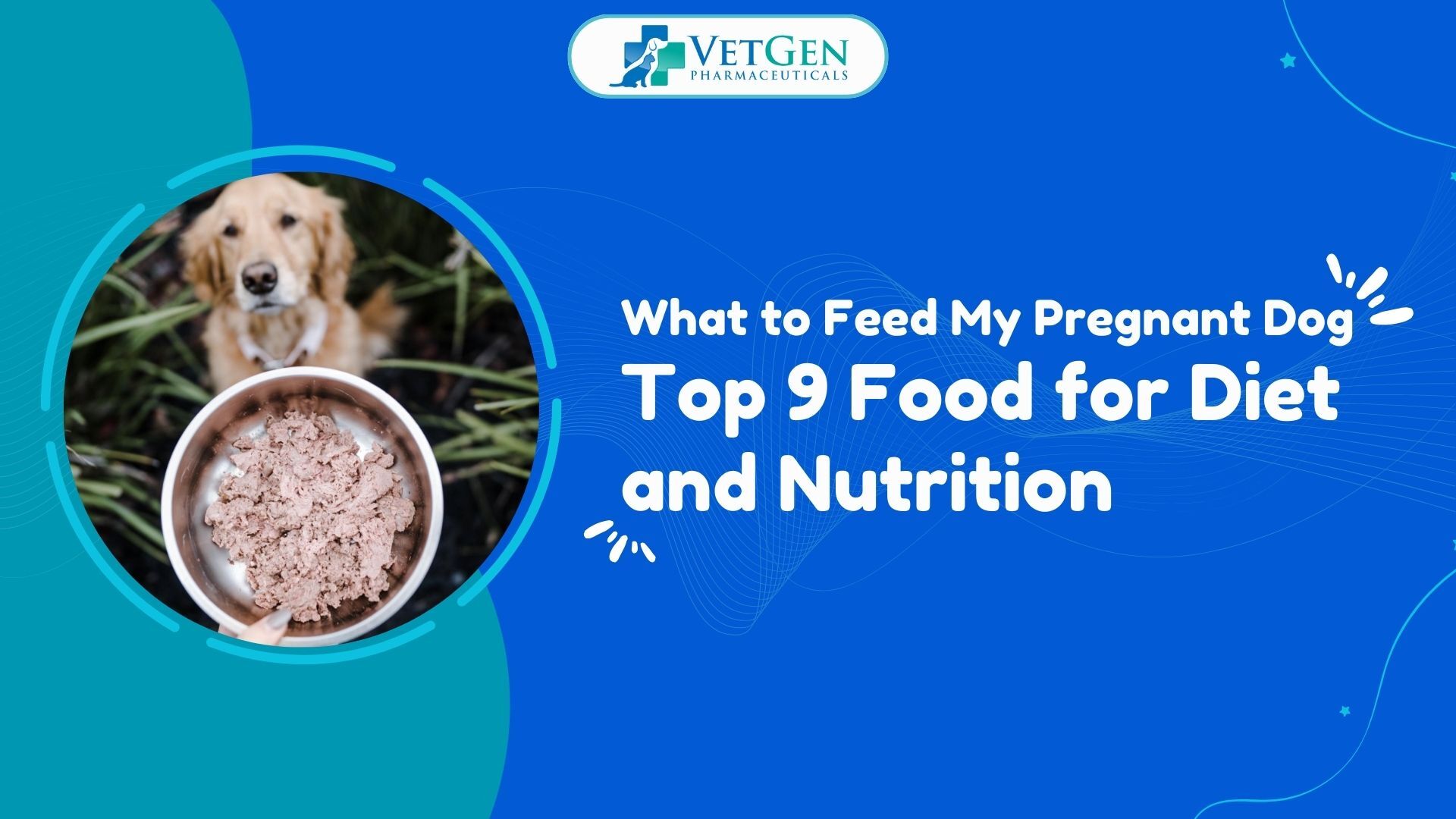Table of Contents
Our pet dogs need similar kinds of care and attention to improve their bone strength and bone mass. Yes, they, too, require adequate amounts of calcium, phosphorus, vitamin D, and regular physical exercise. However, they must fulfill these needs through varying strategies, which pet caregivers must learn to ensure their good health and well-being.
Our fluffy companions are there for us in good and harsh times; they are hardly able to express their personal needs and desires. It’s our responsibility to understand what they need to live a healthy and happy life.
The most crucial factor affecting a dog’s quality of life is its bone and joint health. It’s a painful sight to see our pawed friends not participating in outdoor activities because of bone health problems. So, it’s time to help them improve their bone density and joint health.
What is Bone Density in Dogs?
Bone density in dogs (or any other mammal, for that matter), is a measure of the mineral amount in a particular bone volume. Bone density is critical in determining the risks or early signs of osteoporosis or how well osteoporosis treatment procedures are working, as it helps assess a dog’s bone strength.
Vets can measure bone dentistry in dogs through CT scans, X-rays, or osteodensitometry (a technique used to evaluate bone mineral density).
Lack of mobility or physical activity may contribute to the loss of bone density and bone mass in dogs. Since younger pets have developing bones, they must remain active for a major portion of the day to prevent bone density losses due to longer periods of immobility and inactivity.
A few other factors affecting a dog’s bone mass and density include being overweight, hormonal imbalances, specific breeds, and aging.
5 Ways You Can Strengthen Your Dog’s Bone Density
Fortunately, there are innumerable things to do to improve your four-legged friend’s bone density and mass. Here are the five ways to strengthen your pet’s bones and joints.
1. Regular Exercise
Every pet requires some sort of exercise daily to keep them healthy and fit. However, the amount and type of exercise or physical activities your dog requires will depend on its breed and age.
To keep things simple, your dog would require consistent and regular exercise, even if it means a 10-minute walk. Yes, dogs love walking, and it’s good for their bones, too.
However, avoid pushing them too far and keep things light. Besides walking, you can combine a variety of physical exercises, like chasing playbones, shuffling dog toy puzzles, etc. The idea is to make them chase after something to keep them active.
And don’t forget to reward them with their favorite treats after accomplishing an activity to keep them motivated.
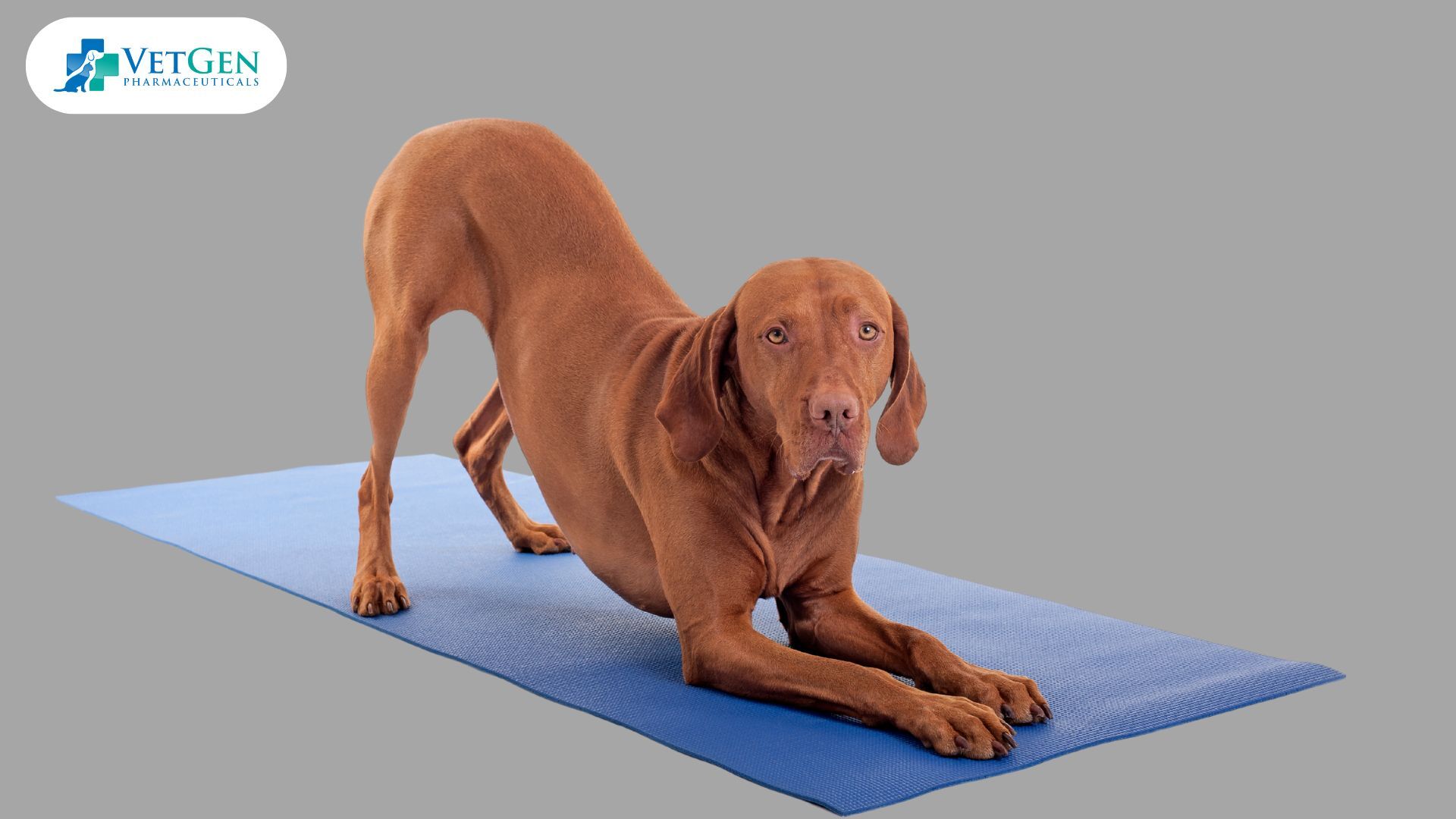
2. Proteinaceous Foods
About 50% of a dog’s bones are made from protein. Needless to say, your pawed companion needs sufficient amounts of protein every day to support proper bone formation and improve joint health.
Apart from calcium or vitamin D deficiencies, lack of adequate protein may be another reason behind weakened bones. In fact, protein deficiency can impact calcium absorption, which significantly affects a dog’s bone health (like in humans).
It’s easy to include more proteins in your dog’s daily diet. Some of the best protein-rich foods include red meats (beef, pork, etc.), poultry (chicken, duck, and turkey), fish (tuna), dairy products (milk, cheese, etc.), soy, chickpeas, quinoa, oats and barley, green peas, pumpkin seeds, buckwheat, and more.
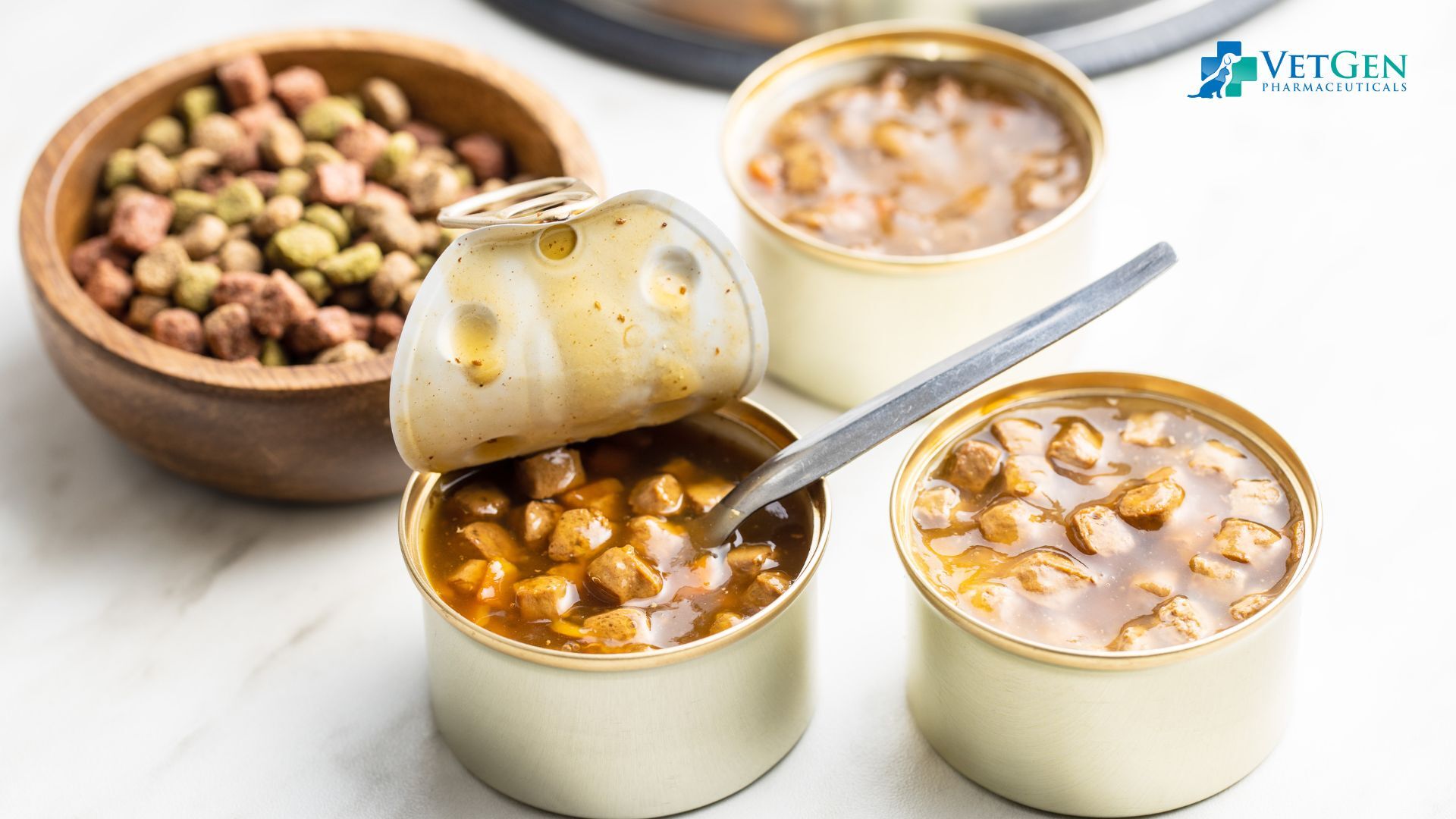
3. Vitamins and Minerals
Check whether your dog is getting the right amounts of vitamins and minerals daily. You can consult with your veterinarian or dog dietician to get a proper diet chart based on your particular breed’s health needs.
Like humans, our furry friends also require a well-balanced and healthy diet that includes sufficient amounts of joint and bone health-supporting vitamins and minerals.
Calcium is the most important nutrient that improves bone strength and mass. Some calcium-rich foods include sardines and canned salmon (with bones), plain yogurt, leafy green vegetables (broccoli and kale), cheese (you can ignore this if your dog is lactose intolerant), certain types of beans, and eggshells (ground).
Other crucial vitamins and minerals for stronger bones and joints include vitamin D, vitamin K, magnesium, vitamin C, and vitamin E.

4. Omega-3 Dog Supplements
It’s always important to include a range of nutrients in their regular diet, such as a good mix of meats and plant-based foods. But when they are unable to get adequate nutrients from their regular diet (due to the unavailability of some foods or your dog being intolerant or allergic to some ingredients), you can consider supplementation.
However, avoid stuffing them with too many artificial nutrients through supplementation as it might result in medical conditions. So, it’s better to seek advice from your vet before providing your dog with any supplements.
Some recommended hip and joint supplements for dogs include Glucosamine, MSM (Methylsulfonylmethane) in dogs, Chondroitin, and Manganese.
While glucosamine helps boost joint health and offer relief from joint pain and inflammation, MSM works on improving flexibility and restoring tissue elasticity. Also, MSM has anti-inflammatory properties that minimize pain, inflammation, and discomfort in the joints.
On the other hand, chondroitin sulfate offers cartilage protection and enhanced joint lubrication by producing adequate amounts of synovial fluid. Furthermore, manganese helps with collagen formation in the bones and cartilage, and it is rich in antioxidants, too. Therefore, manganese protects the joint tissues from free radical damage and oxidative stress.
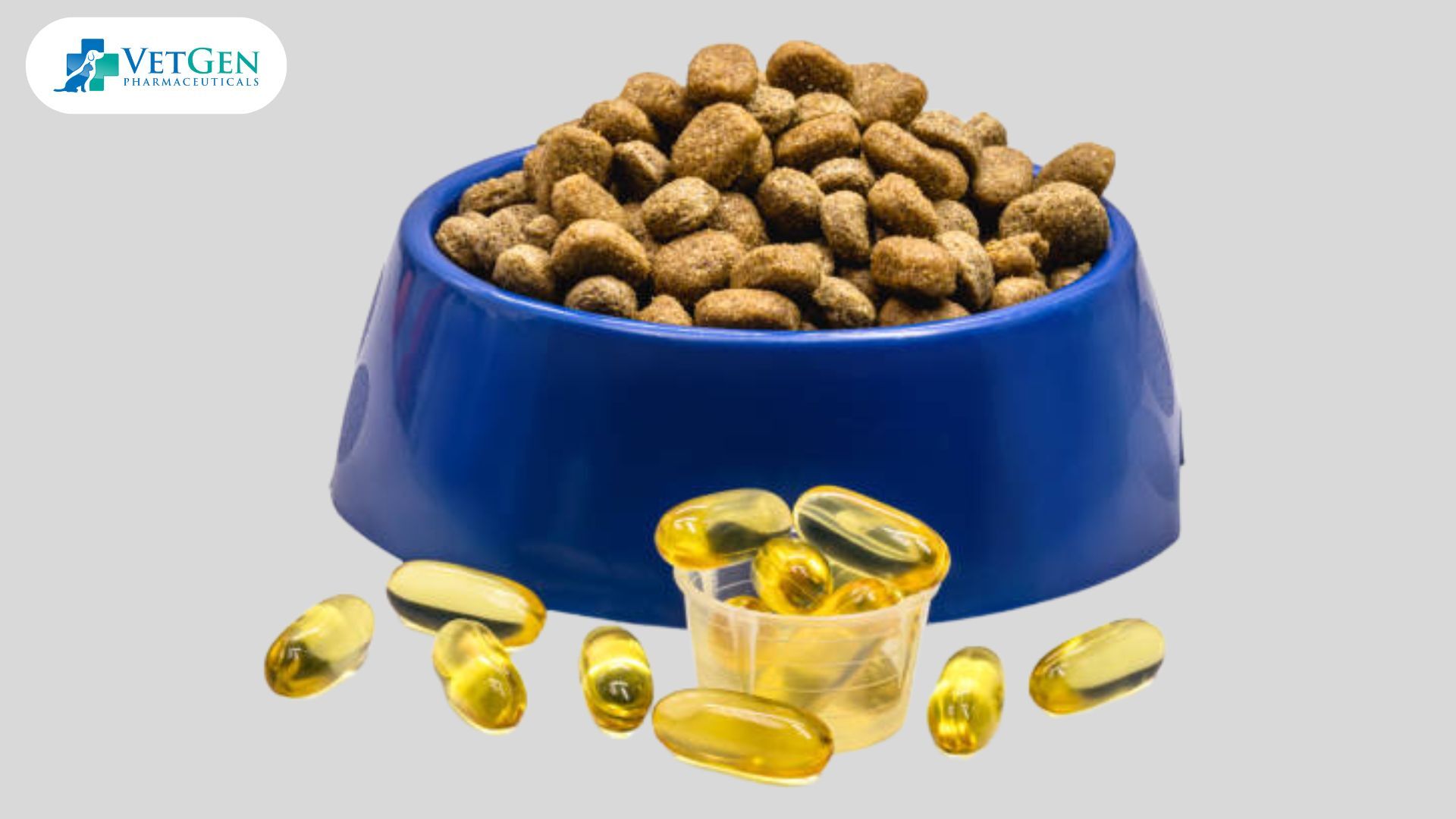
5. Healthy Body Weight
Maintaining a healthy body weight has numerous health benefits for both humans and dogs. Being obese or overweight may lead to serious health issues, such as heart problems. Besides, it creates pressure on the bones and joints, which hampers their mobility and leads to weakened bones over time.
Therefore, it’s crucial to maintain a healthy weight and BMI (body mass index). While you are avoiding feeding your dog too much, you must also refrain from feeding them too little, because they need sufficient nutrients to maintain strong bones and improve their quality of life.

Final Words
It’s crucial to gift your dog good health, which starts with strong bones and joints. While it’s easy to improve your furry pal’s bone health through a well-balanced diet, regular exercise, and maintaining a healthy body weight, you can try supplementation to fulfill any nutrient deficiencies.
For more information about what’s necessary for your dog’s health, you can visit VetGen Pharmaceuticals.


